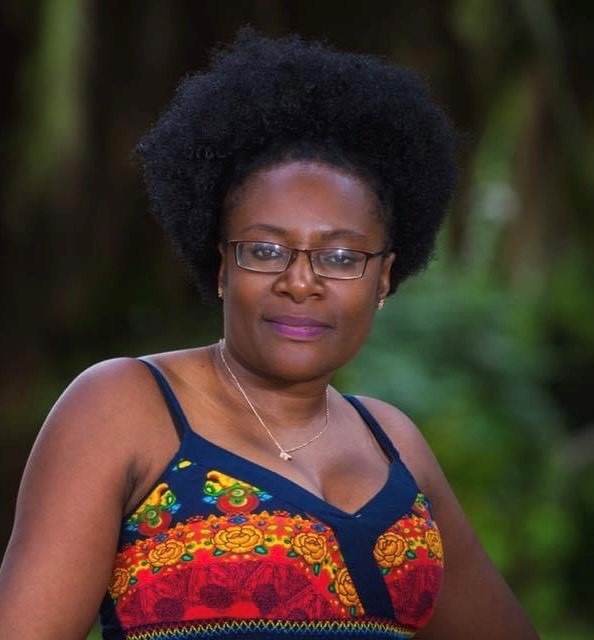
Photo by Dan Kitwood/Getty Images
Zimbabwean fact-checkers battles a new wave of fake stories
In a polarized and tense political climate, Zimbabwean fact-check organisation ZimFact is debunking false stories and adding facts to the conversation about Covid-19.
Learn more about ZimFact and their work in the context of Covid-19 at UNESCO’s World Press Freedom Day Conference 9 Dec, 16.45 CET, where eight IMS partners share their main learnings and developments during the pandemic. More information here.
Since the beginning of the pandemic, false stories have been shared widely in Zimbabwe, mostly through social media platforms like Facebook, Twitter and especially on WhatsApp.
As the first cases of coronavirus hit Zimbabwe and the rest of the continent, the most popular stories were suggesting that the warm climate would keep the virus away or that African populations would be imune to the disease. Later as the virus started spreading, a wave of alternative cures were suggested.
And as the first wave of the virus seemed to have slowed down, a new wave of false stories in Zimbabwe have started taking a more political turn.
“Most often the elite is benefiting from mis- and disinformation. Government is using disinformation to paint itself in a good light and portray itself as handling the Covid 19 pandemic in an exemplary manner which should be commended by citizens. On the other hand, politicians from the opposition parties also use false stories to try and discredit the work that Government is doing,” says Lifaqane Nare, who works as Head of Programmes at ZimFact and was one of the first fact checkers in the country.

African fact-checkers unite
Throughout the time of the pandemic, fact-checking orgnanisation ZimFact has been working tirelessly from their headquarter in the Zimbabwean capital of Harare trying to break through the noise on social media and add facts and science to the conversation.
“We look for the most viral stories on social media and try to debunk those by consulting with scientists, researchers and WHO and use this knowledge to evaluate whether the story is true or false” says Cris Chinaka who is the Editor-in-Chief at ZimFact.
Early on in the pandemic, ZimFact decided to use their network on the continent and join forces with other African fact-checkers, as the number of dubious stories being shared on social media was spreading.
By sharing fact-checks made by other trusted African fact-checkers, ZimFact was able to debunk popular stories to their followers while at the same time spend most of their own resources on looking into stories that are exclusive to Zimbabwe.
A political pandemic
In Zimbabwe, the political space is polarized and highly contested. As a result, there are many examples of politicians using the coronavirus as an opportunity to garner support for themselves or to discredit the other side.
In one recent example, ZimFact looked at a statement from the Zimbabwean government claiming that WHO had ranked Zimbabwe as one of best countries in the world in the way it is tackling the pandemic.
“In fact, the WHO had done no such thing, but the president was giving the impression that their handling of Covid 19 has been so good that it was even being commended by bodies such as the WHO,” says Lifaqane Nare.
On the other hand, MDC Alliance co-vice president Tendai Biti, in his ‘state of the economy’ address claimed that Zimbabwe had the least number of COVID-19 tests, per capita, in the world, painting Zimbabwe as one of the worst performers globally.
“This was incorrect. Zimbabwe’s COVID-19 testing rate, while lower than many reporting countries, is not the worst in the world and bettered two of the three countries cited in the claim by MDC Alliance vice president and former Finance Minister Tendai Biti”, she adds.




